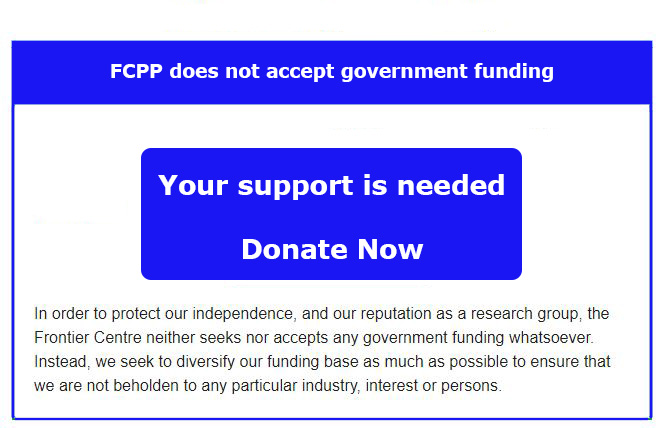The pandemic took many countries, governments and people by surprise. Many were not prepared to face this crisis. Initially, most Western countries refused to panic and wanted to manage the situation like another flu epidemic. But the outbreaks in hospitals and other medical facilities in many countries led to chaos, forcing governments to impose serious restrictions and lockdowns.
As of May 2021, France has 1660 COVID deaths per million people, a little less than the U.S. (1800) but more than Sweden (1400) and Canada (660). Considering that France is the world’s champion of taxation (French tax revenues represent nearly half of its GDP, in comparison to Canada they represent 33 per cent of the GDP), the result is very disappointing.
Lessons must be learned from the COVID-19 crisis.
Mobilization and Flexibility are Key Assets
During a crisis, it is necessary to quickly mobilize significant resources to address the problem and protect people. For example, China constructed two prefab hospitals in Wuhan with a capacity of 2,600 patients at the very beginning of the outbreak. The success of this strategy was attributed to the experience of building prefab structures during the SARS epidemic in 2003.
The use of field hospitals can be a real asset but few have been deployed in Western countries. New York City opened one last spring and Poland turned a sports stadium into a 500-bed field hospital last fall. Due to the high number of hospitalized patients, the few field hospitals weren’t enough and there should have been more.
Moreover, the military is useful for this type of crisis. Last month, the Canadian government announced its decision to deploy the Canadian Armed Forces (CAF) in Ontario and pay for the redeployment of the Canadian Red Cross to support staff in medical care facilities.
Many armies have reserve forces. In Canada, there are between 18,500 and 21,000 Army Reservists. Troops could have provided help but unfortunately, this solution was not used.
Bureaucratic Inertia
Instead of applying these strategies, the primary strategy in most countries has been to enforce strict lockdowns in order to prevent overwhelming healthcare systems. One of the leading causes of the lack of effective strategies was bureaucratic inertia.
In most countries, crisis management is centralized and bureaucratic. The bureaucratic aspect is a significant obstacle. Many regulations have prevented people or institutions willing to help. For example, The Food and Drug Administration requires a painful approval process to bring any test to market. Moreover, in the U.K., some medics like dentists have to complete a lot of paperwork to gain NHS approval to help administer the coronavirus vaccines.
The COVID-19 crisis led to a culture shift in governments, which tend to move slowly. It is certainly necessary to cut red tape in order to respond efficiently during times of crisis.
Alexandre Massaux is a research associate with the Frontier Centre for Public Policy.
Photo by JC Gellidon on Unsplash.



